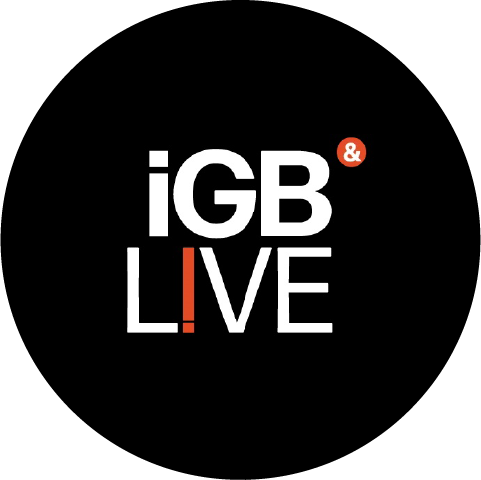CONTACT US
TO DISCUSS YOUR SPECIFIC SITUATION AND
LET US HANDLE YOUR TAX AND VAT OBLIGATIONS
MANAGING YOUR COMPANY’S FINANCIAL, TAX AND VAT OBLIGATIONS
In most countries, it is mandatory for companies to register for local tax purposes and submit tax returns accordingly.
Within the European Union (EU), companies engaged in active business operations are required to apply for Value Added Tax (VAT) and submit quarterly VAT returns.
Businesses are responsible for collecting and remitting VAT to the tax authorities on behalf of their customers. They must register for VAT if their annual taxable turnover exceeds the registration threshold the country's tax authorities set. Once registered, businesses must charge VAT on their sales and submit regular VAT returns to report their taxable transactions.
HOW DO I
CLAIM VALUE
ADDED TAX?
Claiming value added tax can be a crucial process. When a business buys goods or services from suppliers and pays VAT on those transactions, it becomes eligible to reclaim the VAT from the tax authorities. This can effectively reduce the overall VAT burden for the company and lead to cost savings. To claim VAT, businesses must ensure they have valid VAT invoices and proper documentation of the purchases made. Additionally, it is essential to comply with the specific rules and regulations set by the tax authorities to avoid any potential penalties or issues during the VAT refund process.
A VAT return is a periodic report businesses submit to the tax authorities detailing their taxable transactions during a specific period. The VAT return includes information about sales, purchases, and the amount of VAT charged and paid during the reporting period. Businesses must submit VAT returns regularly, usually quarterly, to report their VAT liabilities and claim any VAT refunds they are entitled to. Accurate and timely filing of VAT returns is crucial for businesses to comply with tax regulations and avoid penalties or interest charges.
Businesses must provide detailed information about their taxable transactions on a VAT return. This typically includes the total value of sales made during the reporting period, the VAT charged on those sales, and the VAT paid on purchases. The difference between the VAT charged and the VAT paid represents the net VAT liability the business must remit to the tax authorities. Additionally, VAT returns may require firms to specify the VAT rates applicable to different goods and services and report any exemptions or reduced rates used. Proper documentation and accurate reporting are essential to ensure VAT's correct calculation and remittance.
In the digital age, many tax authorities offer the convenience of filing VAT returns online. This streamlines the reporting process for companies, making it more efficient and reducing the risk of errors. Companies can easily access their VAT accounts, input their taxable transactions, and calculate their VAT liabilities through online platforms. Additionally, online filing often comes with built-in checks to ensure companies comply with VAT rules and regulations. By utilizing online VAT return filing, companies can save time, reduce paperwork, and maintain accurate records of their VAT obligations.
DO BUSINESSES HAVE TO PAY LOCAL TAXES?
Yes, businesses are typically required to pay various local taxes, including Value Added Tax, income tax, property tax, and others, depending on the country and its tax system. VAT is one of the common taxes that businesses must charge on their sales and remit to the tax authorities. Income tax is another significant tax that companies pay on their profits. Property tax is applicable if a business owns real estate or properties. Compliance with local tax obligations is crucial for companies to avoid legal issues and maintain a solid financial standing.
NAVIGATING SALES TAXES AND OTHER TAXATION ASPECTS
Sales taxes and goods and services tax (GST) are essential aspects of taxation that businesses must navigate in addition to Value Added Tax. Special and reduced rates can also impact the tax liabilities for specific services and goods. Proper registration and timely filing of tax returns are crucial to comply with tax regulations and avoid penalties. Seeking expert assistance and staying informed about tax changes can help businesses ensure accurate tax compliance and optimize their financial strategies.
UNDERSTANDING SALES TAXES AND GOODS AND SERVICES TAX (GST)
In addition to Value Added Tax, many countries impose sales or goods and services tax (GST) on certain transactions. Sales taxes are typically levied on the sale of goods and may vary by jurisdiction. Similarly, GST is a consumption tax that applies to the supply of goods and services in some countries. Businesses must be aware of the applicable sales tax or GST rates in their operating regions to correctly calculate their tax liabilities and comply with taxation regulations.
SPECIAL RATES AND REDUCED RATES IN TAXATION
Like VAT, some sales tax or GST systems may incorporate special or reduced rates for specific goods or services. These special rates can vary depending on factors such as the nature of the product or the region of sale. For instance, certain essential goods may be subject to reduced rates to make them more affordable for consumers. Businesses must stay updated with changes in these special rates and apply them correctly to their transactions to ensure proper tax compliance.
REGISTERING FOR SALES TAXES OR GST
Like VAT, businesses operating in certain countries may be required to register for sales taxes or GST if they reach a certain minimum threshold of taxable sales. Registration is crucial as it allows businesses to collect and remit the applicable taxes legally. It also enables companies to claim any eligible tax credits or refunds. New businesses entering a market must first understand the registration requirements and comply with the necessary procedures.
FILING SALES TAX OR GST RETURNS
Filing sales tax or GST returns is essential to meeting tax obligations. Businesses must accurately report their sales, taxable supplies, and the taxes collected during a specific reporting period. Timely and accurate filing is crucial to avoid penalties and maintain a positive relationship with tax authorities. Some tax authorities may provide online forms or electronic filing systems to facilitate the process and track submissions.
TAX COMPLIANCE AND TAXATION SUPPORT
Taxation, including sales taxes and GST, can be complex and ever-changing. Businesses must have a solid understanding of the tax rules and regulations that apply to their operations. Tax experts can provide valuable support in navigating the complexities of taxation, ensuring proper compliance, and identifying tax-saving opportunities. Staying informed about tax changes, seeking expert advice, and maintaining detailed records can help businesses avoid costly mistakes and make informed financial decisions.


















